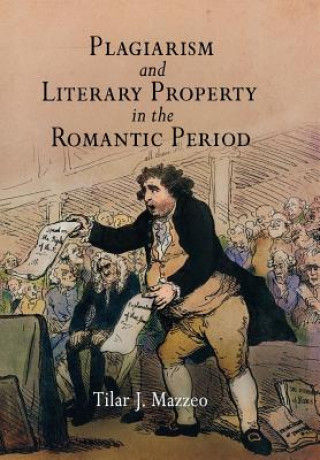
Kód: 04724046
Plagiarism and Literary Property in the Romantic Period
Autor Tilar J. Mazzeo
Plagiarism and Literary Property in the Romantic Period Tilar J. Mazzeo "Mazzeo's new book is ...smart and insightful, and points out that eighteenth-century writers took a certain amount of borrowing for granted. What mattered wa ... celý popis
- Jazyk:
 Angličtina
Angličtina - Vazba: Pevná
- Počet stran: 256
Nakladatelství: University of Pennsylvania Press, 2006
- Více informací o knize

Mohlo by se vám také líbit
Dárkový poukaz: Radost zaručena
- Darujte poukaz v libovolné hodnotě a my se postaráme o zbytek.
- Poukaz se vztahuje na celou naši nabídku.
- Elektronický poukaz vytisknete z e-mailu a můžete ihned darovat.
- Platnost poukazu je 12 měsíců od data vystavení.
Více informací o knize Plagiarism and Literary Property in the Romantic Period
Nákupem získáte 221 bodů
 Anotace knihy
Anotace knihy
Plagiarism and Literary Property in the Romantic Period Tilar J. Mazzeo "Mazzeo's new book is ...smart and insightful, and points out that eighteenth-century writers took a certain amount of borrowing for granted. What mattered was whether you were sneaky about it and, even more important, whether you improved upon what you took, by weaving it seamlessly into your own text and adding some new context or insight."--New York Times "The author has read prodigiously and provides a vast amount of material bearing on laws governing literary property, much of it obscure. She discusses in detail plagiarism charges against Wordsworth, Byron, Shelley, and Clare that have often been dismissed or ignored. The bibliography is extensive."--Choice In a series of articles published in Tait's Magazine in 1834, Thomas DeQuincey catalogued four potential instances of plagiarism in the work of his friend and literary competitor Samuel Taylor Coleridge. DeQuincey's charges and the controversy they ignited have shaped readers' responses to the work of such writers as Coleridge, Lord Byron, William Wordsworth, and John Clare ever since. But what did plagiarism mean some two hundred years ago in Britain? What was at stake when early nineteenth-century authors levied such charges against each other? How would matters change if we were to evaluate these writers by the standards of their own national moment? And what does our moral investment in plagiarism tell us about ourselves and about our relationship to the Romantic myth of authorship? In Plagiarism and Literary Property in the Romantic Period, Tilar Mazzeo historicizes the discussion of late eighteenth- and early nineteenth-century plagiarism and demonstrates that it had little in common with our current understanding of the term. The book offers a major reassessment of the role of borrowing, textual appropriation, and narrative mastery in British Romantic literature and provides a new picture of the period and its central aesthetic contests. Above all, Mazzeo challenges the almost exclusive modern association of Romanticism with originality and takes a fresh look at some of the most familiar writings of the period and the controversies surrounding them. Tilar J. Mazzeo teaches English at Colby College. Material Texts 2006 | 256 pages | 6 x 9 ISBN 978-0-8122-3967-6 | Cloth | $65.00s | GBP42.5 0 ISBN 978-0-8122-0273-1 | Ebook | $65.00s | GBP42.50 World Rights | Literature Short copy: Were the Romantic poets plagiarists, and did plagiarism have the same meaning two hundred years ago as it has today? Tilar J. Mazzeo offers a major reassessment of the role of borrowing, textual appropriation, and narrative mastery in British Romantic literature and provides a new picture of the period and its central aesthetic contests.
 Parametry knihy
Parametry knihy
Zařazení knihy Knihy v angličtině Literature & literary studies Literature: history & criticism Literary studies: general
2211 Kč
- Plný název: Plagiarism and Literary Property in the Romantic Period
- Autor: Tilar J. Mazzeo
- Jazyk:
 Angličtina
Angličtina - Vazba: Pevná
- Počet stran: 256
- EAN: 9780812239676
- ISBN: 0812239679
- ID: 04724046
- Nakladatelství: University of Pennsylvania Press
- Hmotnost: 525 g
- Rozměry: 229 × 152 × 24 mm
- Datum vydání: 31. October 2006
Oblíbené z jiného soudku
-
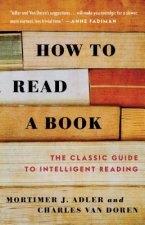
How to Read a Book
303 Kč -
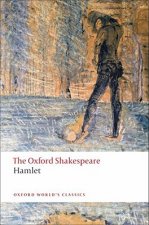
Hamlet: The Oxford Shakespeare
236 Kč -
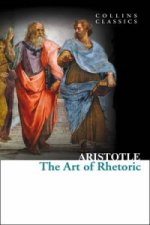
Art of Rhetoric
90 Kč -
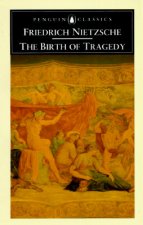
Birth of Tragedy
249 Kč -
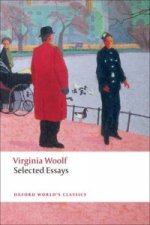
Selected Essays
276 Kč -
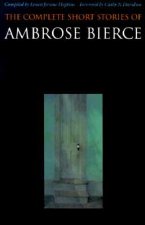
Complete Short Stories of Ambrose Bierce
493 Kč -

Serpent Power
519 Kč -
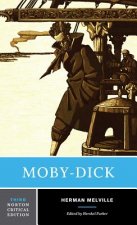
Moby-Dick
465 Kč -
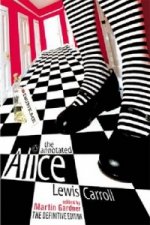
Annotated Alice
306 Kč -

Nordic Noir
410 Kč -
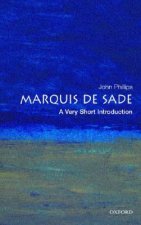
Marquis de Sade: A Very Short Introduction
227 Kč -
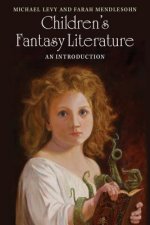
Children's Fantasy Literature
670 Kč -
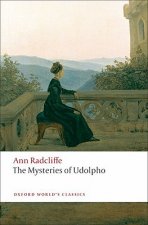
Mysteries of Udolpho
286 Kč -
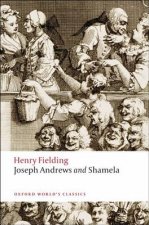
Joseph Andrews and Shamela
226 Kč -
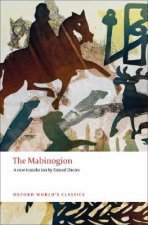
Mabinogion
276 Kč -
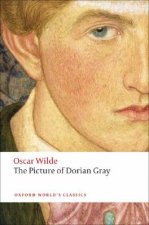
The Picture of Dorian Gray
182 Kč -
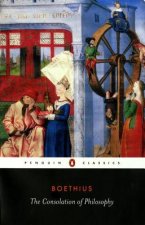
Consolation of Philosophy
276 Kč -
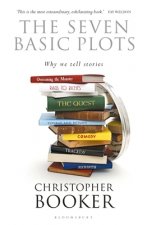
Seven Basic Plots
545 Kč -
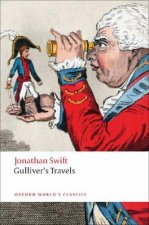
Gulliver's Travels
170 Kč -
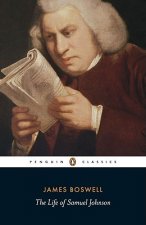
Life of Samuel Johnson
623 Kč -
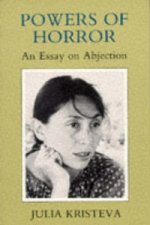
Powers of Horror
976 Kč -

Sejong Korean Student Book 2A - English Edition, m. 1 Audio
733 Kč -
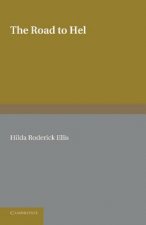
Road to Hel
1460 Kč -
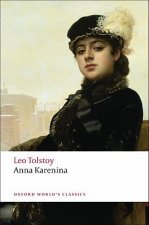
Anna Karenina
217 Kč -
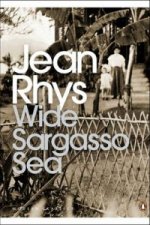
Wide Sargasso Sea
223 Kč -
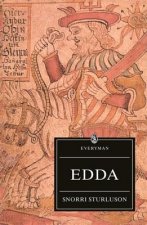
Edda
240 Kč -

Finn and Hengest
249 Kč -
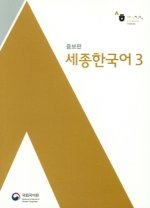
Sejong Korean 3, m. 1 Audio
681 Kč -
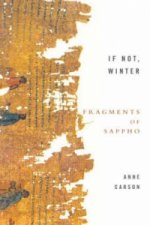
If Not, Winter: Fragments Of Sappho
464 Kč -
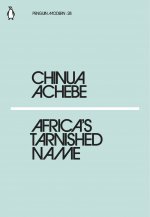
Africa's Tarnished Name
101 Kč -
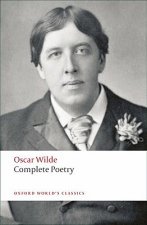
Complete Poetry
219 Kč -

Captain is Out to Lunch
276 Kč -
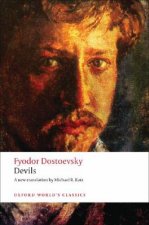
Devils
268 Kč -
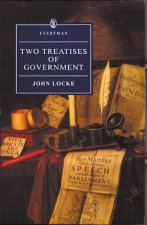
Two Treatises of Government
254 Kč -
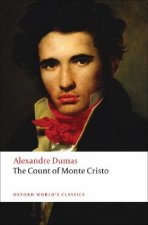
Count of Monte Cristo
276 Kč -

Sejong Korean 2 (Korean+English Version), m. 1 Audio
681 Kč -
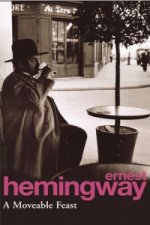
Moveable Feast
254 Kč -

Moveable Feast
276 Kč -
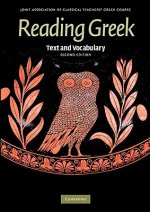
Reading Greek
946 Kč -

Dream Story
276 Kč -
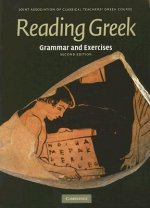
Reading Greek
1072 Kč -

Analysis of Donna Haraway's A Cyborg Manifesto
233 Kč -
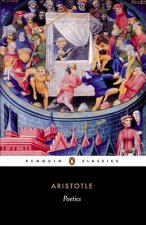
Poetics
276 Kč -
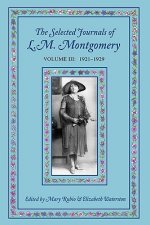
Selected Journals of Lm Montgomery Volume III 1921-1929
514 Kč -
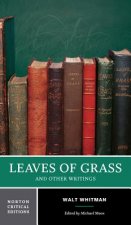
Leaves of Grass
442 Kč -
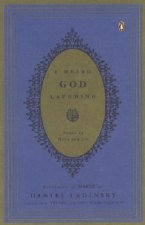
I Heard God Laughing
382 Kč -

Tragedy of King Richard III: The Oxford Shakespeare
234 Kč -

Sejong Korean Student Book 1B - Korean Version, m. 1 Audio
733 Kč -
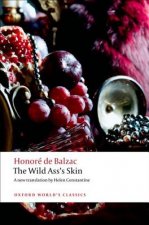
Wild Ass's Skin
316 Kč
Osobní odběr Praha, Brno a 12903 dalších
Copyright ©2008-24 nejlevnejsi-knihy.cz Všechna práva vyhrazenaSoukromíCookies



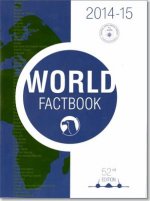
 Vrácení do měsíce
Vrácení do měsíce 571 999 099 (8-15.30h)
571 999 099 (8-15.30h)